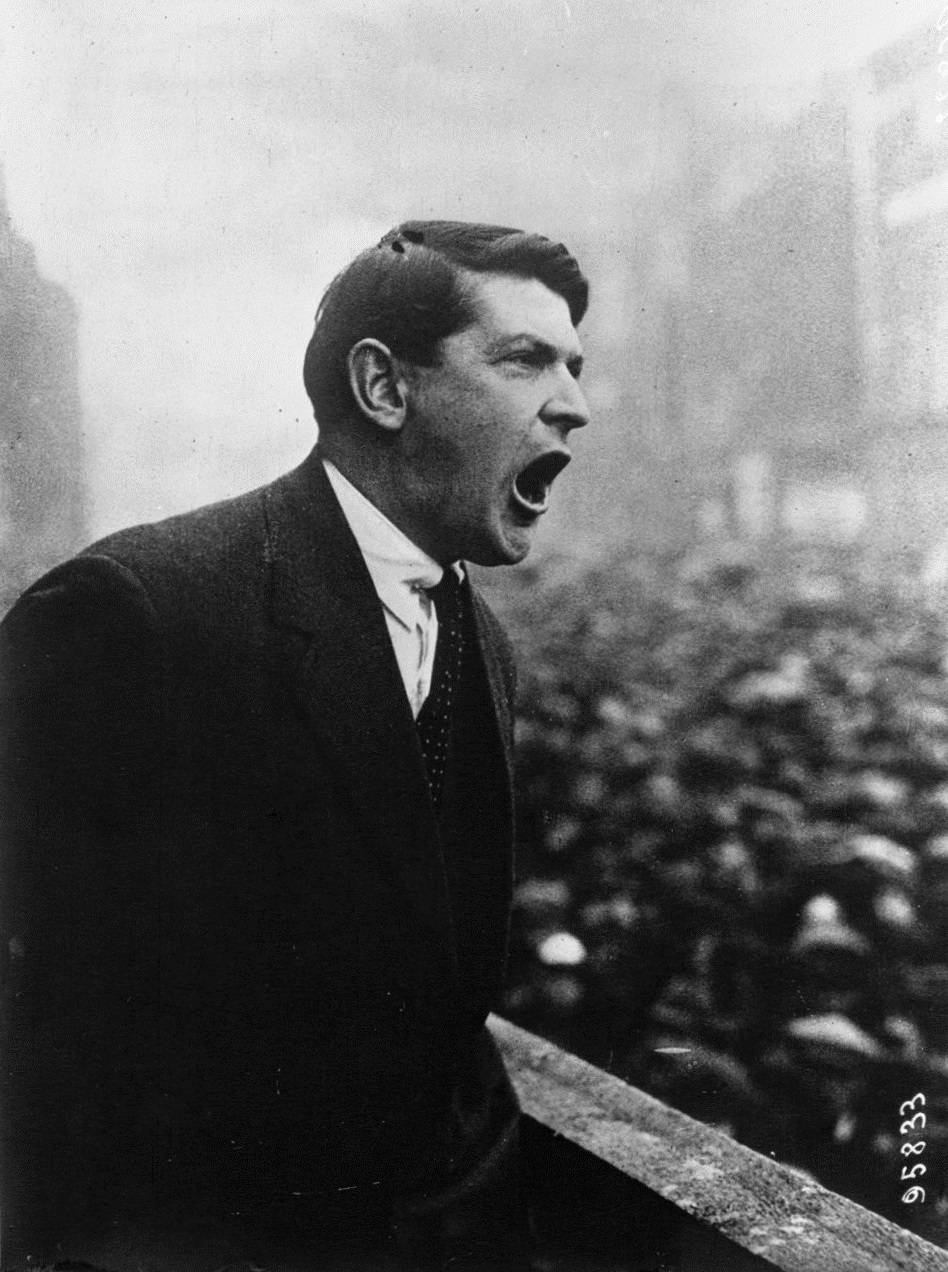Michael Collins (Irish leader) Frases y Citas
Michael Collins (Irish leader): Frases en inglés
“There is a simple test. Those who are left in possession of the battlefield have won”
Contexto: The Treaty is already vindicating itself. The English Die-hards said to Mr. Lloyd George and his Cabinet: "You have surrendered". Our own Die-hards said to us: "You have surrendered". There is a simple test. Those who are left in possession of the battlefield have won.
A Path to Freedom (2010), p. 64
Regarding the Anglo-Irish Treaty during a parliamentary debate ( Dáil Éireann - Volume T - 19 December, 1921 (DEBATE ON TREATY) http://historical-debates.oireachtas.ie/D/DT/D.T.192112190002.html)
Contexto: Now as one of the signatories of the document I naturally recommend its acceptance. I do not recommend it for more than it is. Equally I do not recommend it for less than it is. In my opinion it gives us freedom, not the ultimate freedom that all nations desire and develop to, but the freedom to achieve it.
“We have to learn that freedom imposes responsibilities”
A Path to Freedom (2010), p. 14
Contexto: There is no British Government anymore in Ireland. It is gone. It is no longer the enemy. We have now a native government, constitutionally elected, and it is the duty of every Irish man and woman to obey it. Anyone who fails to obey is an enemy of the people and must expect to be treated as such. We have to learn that attitudes and actions which were justifiable when directed against alien administration, holding its position by force, are wholly unjustifiable against a native government which exists only to carry out the people's will, and can be changed the moment it ceases to do so. We have to learn that freedom imposes responsibilities.
A Path to Freedom (2010), p. 38
How could you talk to a man like that?
Referring to Eamon de Valera in conversation with Michael Hayes, at the debates over the Anglo-Irish Treaty in 1921
Michael Hayes Papers, P53/299, UCDA
Quoted in Doherty, Gabriel and Keogh, Dermot (2006). Michael Collins and the Making of the Irish State. Mercier Press, p. 153.
Liam, Cathal (2006). Blood on the Shamrock: A Novel of Ireland's Continued Struggle for Freedom 1921-1924. St. Padraic Press, p. 194.
A Path to Freedom (2010), p. 64
